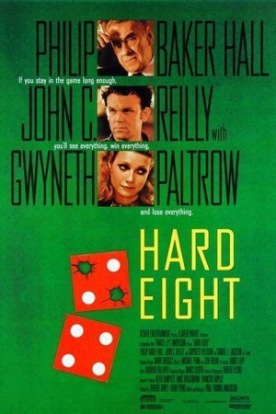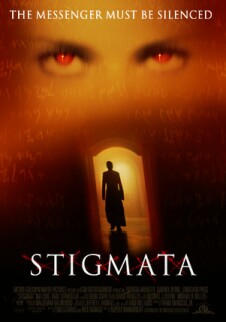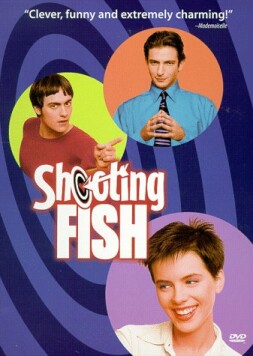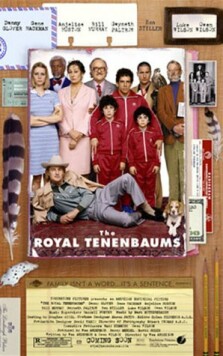Inventing the Abbotts
Inventing the Abbotts directed by Pat
O’Connor from a story by Sue Miller is
set in the 1950s and runs through the usual movie and journalistic
clichés about that era as a time of
“innocence.”
In addition to authentic cars and clothes and appliances and TV shows
(surprisingly, there is little period rock
‘n’
roll), we are meant to take away an impression of innocent kids first learning
about sex and class and money in ways redolent of an old-fashioned coming of
age. Now I guess kids are supposed to come of age, much less dramatically, at
about the age of twelve.
Two brothers, Jacey (i.e. J.C.) and Douglas Holt (Billy Crudup and Joaquin
Phoenix respectively) are the high school aged sons of a poor widowed
schoolteacher called Helen (Kathy Baker) and look with longing not only at the
money and status enjoyed in their little town of Haley, Illinois, by the Abbott
family, but also at the family’s three
luscious daughters, Alice (Joanna Going), Eleanor (Jennifer Connelly) and Pam
(Liv Tyler). Jacey, the older of the two, is particularly resentful of the
Abbotts’ advantages and has got it
into his head that these are enjoyed at his own expense. The full-suspension
file drawer on which the Abbott fortunes are founded was in fact an invention of
his own late father’s. Jacey is
convinced that Lloyd Abbott (Will Patton) had got the patent away from his
family by sleeping with his mother after his father died.
This turns out not to be true, but the truth scarcely matters to Jacey, who
seems to have set himself the task of seducing all three of the Abbott
daughters. “The truth is as unfair as
the lie he had always believed,” says
his smarter younger brother who delivers the
film’s voiceovers. It is another way
of saying the film’s title line, given
to it by the brave but unlucky Helen, that if the Abbotts
didn’t exist, Jacey would have had to
invent them. Or:
“there’s
no end of Abbotts in this world, if
that’s what you need; and J.C. just
needs that.” I think we get the point.
The chip on Jacey’s shoulder never
goes away, but Douglas, at least, grows up with more magnanimity of spirit and a
capacity for what his mother calls the
“no-matter-what-kind”
of love.
Old Lloyd Abbott, it must be said, gets rather a rough deal. He
didn’t sleep with
Helen, though he always loved her, but both his bitch of a wife and the young
hoodlum who debauches his daughters all treat him as if he did. Even sweet
little Pam seems to hate him. “If I
had a choice between having tons of
money,” she tells Doug,
“and having another father,
I’d be absolutely delighted to be
poor.” Pam is the only character in
whom it is possible to take much of an interest, and she is not enough to save
this picture. Lloyd is a caricature of the old-fashioned patriarch whom films
like this derive grim satisfaction from consigning to the dustbin of history,
while Helen is too noble and wise, Jacey and Eleanor too driven, Alice too
sketchy and Doug himself, though the narrator, unable to rise above the
cliché of the sensitive and disillusioned teenager. Perhaps it is because
we have seen so much of it before that
O’Connor’s
slow pace makes the film intolerably tedious.
Discover more from James Bowman
Subscribe to get the latest posts to your email.







